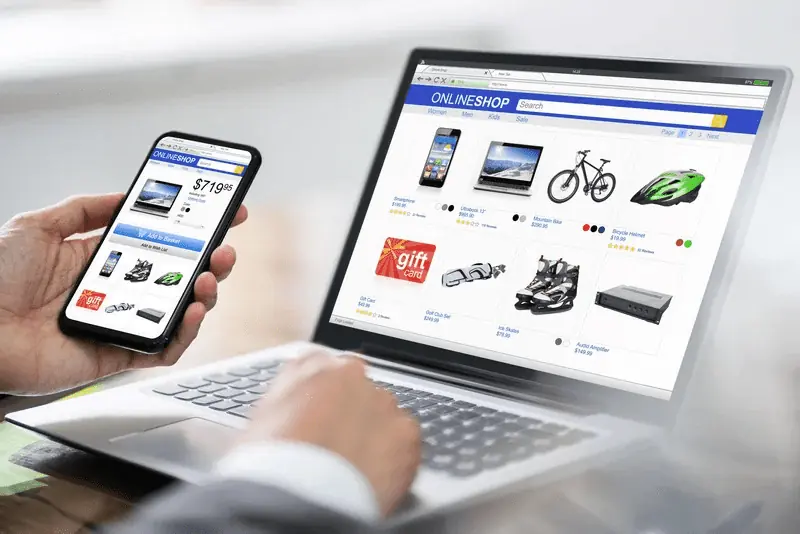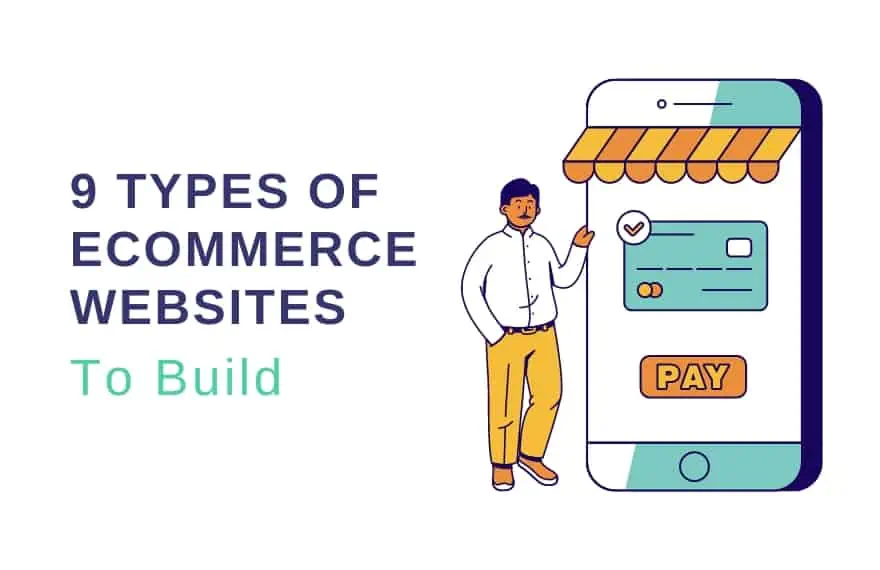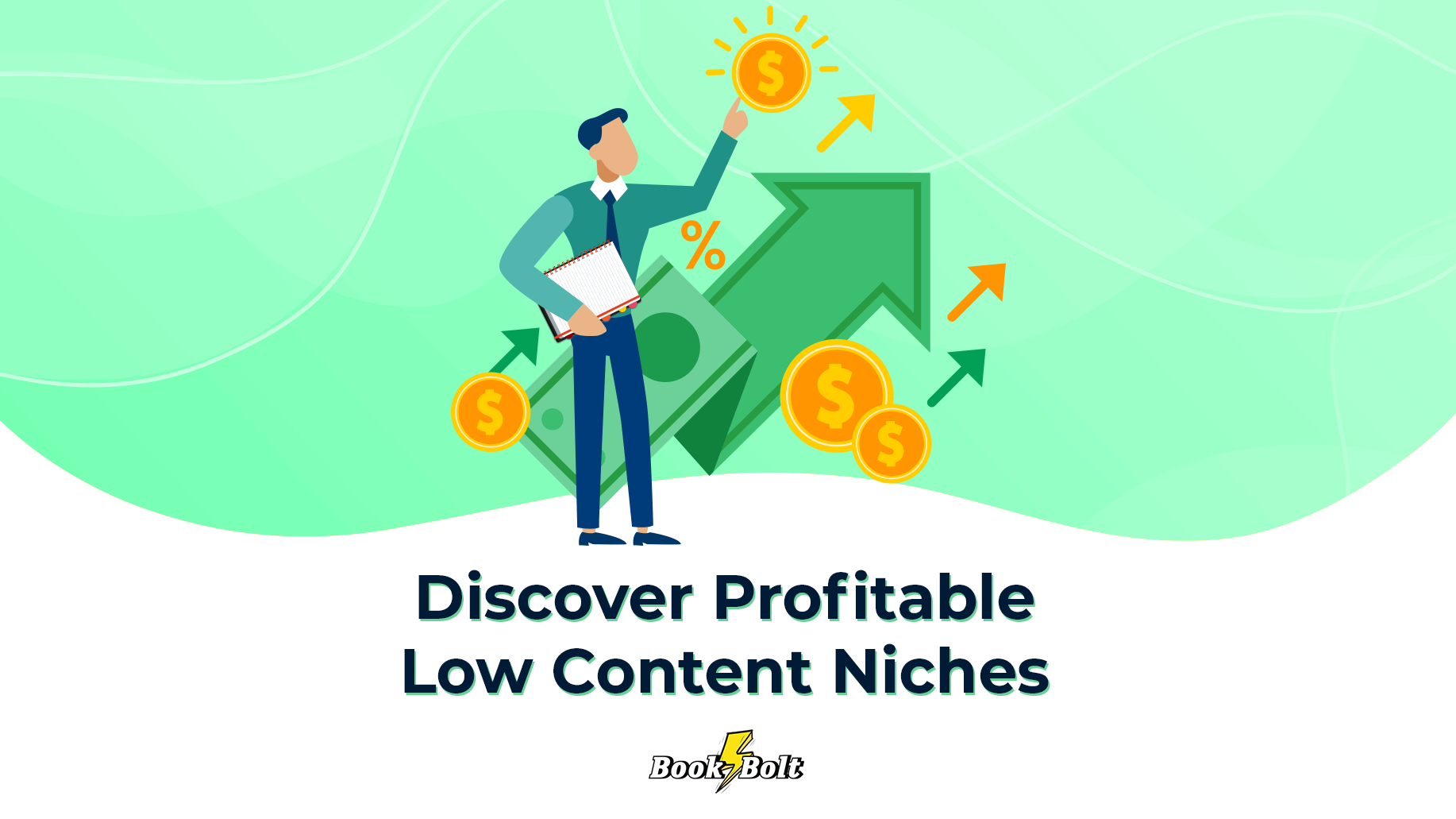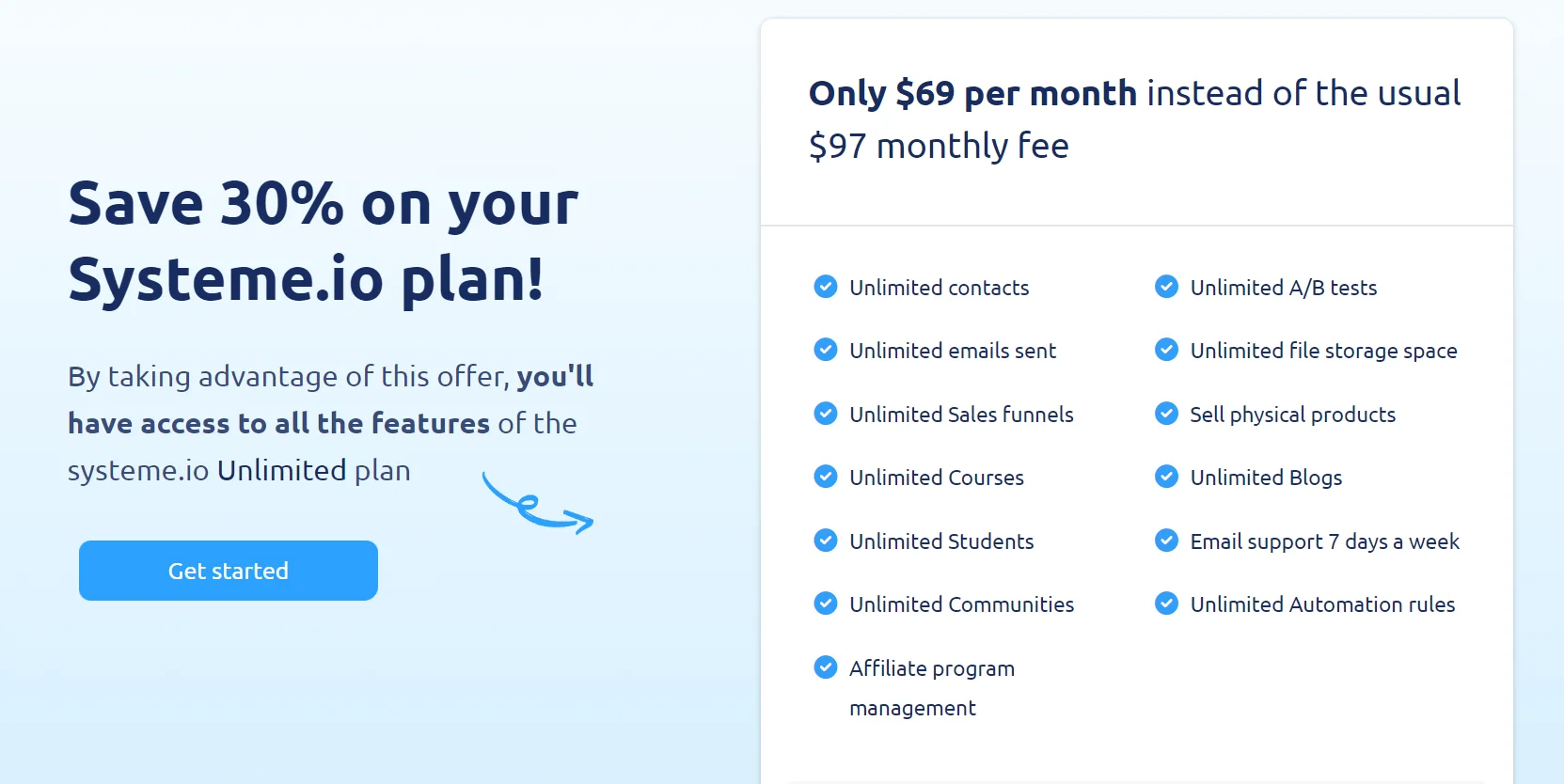You have an idea for a business, and you want to start it online. You have a few options, but the most common are eCommerce and informational.
An eCommerce website is an online platform that allows individuals and businesses to sell their products and services.
These types of websites are becoming increasingly popular, as they provide a convenient way for consumers to shop for goods and services without having to physically visit a store or business.
However, not all eCommerce websites are created equal. In this article, we will explore the different types of eCommerce websites and their unique features.
Types of eCommerce websites to start

1) Digital Marketplaces
A digital marketplace is a platform where multiple vendors can sell their products or services. Digital marketplaces act as a middleman between buyers and sellers, connecting them in one place.
Reasons to build a digital marketplace:
- Connects multiple vendors to a large customer base
- Provides a platform for small businesses to reach a wider audience
- Offers a variety of products and services in one place
Challenges:
- Building trust with customers
- Takes time to build a sustainable brand
- Large competitors already existing
- Managing vendors and keeping them in compliance
- Keeping up with a large volume of transactions
Examples of digital marketplaces:
- Fiverr for selling freelance services
- Amazon for both physical and digital products
- Etsy for hand-crafted items and printable products
Digital marketplace website ideas:
- A marketplace for local artisans to sell their handmade goods
- A marketplace for renting or buying unique and exotic vehicles
- A marketplace for renting or buying designer fashion and accessories
- Wedding dress renting marketplace
Building a digital marketplace:
One way to start a digital marketplace is to use a platform like Softr or Sharetribe, which allows you to create a marketplace with customizable features and payment options.
You can also build your own custom website from scratch using WordPress, WooCommerce, Elementor, and a multi-vendor plugin. Here are the most popular options:
- Dokan multivendor
- WC Vendors
- WC Lovers
These plugins start at $249/year for multi-vendor capabilities.
2) Online storefronts
An online storefront is a website that acts as a virtual store for a business. Online storefronts allow businesses to sell products directly to customers through their website.
Reasons to build an online storefront:
- Allows businesses to have complete control over their products and sales
- Provides a direct link to customers
- Can be integrated with other sales channels such as social media and marketplaces
Challenges:
- Building trust with customers
- Keeping up with inventory and shipping
- Designing an effective and user-friendly website
- Constant maintenance and optimization
Example ideas:
- An online store for selling organic and sustainable beauty products
- An online store for selling unique and customizable home decor
- An online store for selling niche pet products
Building an online store:
The easiest way to build an online storefront is to use a service like Sellfy or Shopify. These platforms allow you to create and design simple but impactful digital storefronts without needing to know how to code.
However, if you want total control over branding and design, then you might want to opt for a hosted WordPress website and install an eCommerce solution like WooCommerce or Easy Digital Downloads.
To get your store to look the way you want it, you will need other plugins, including Elementor Pro.
3) Auction websites
An auction website is a platform where buyers can bid on products, with the highest bidder winning the auction.
Reasons to build an auction website:
- Provides a platform for rare or unique products
- Allows for price negotiation between buyers and sellers
- Can be a profitable business model
Challenges:
- Managing and moderating auctions
- Building trust with customers
- Settling disputes that arise between sellers and buyers
Popular examples:
- eBay — general auction website
- Copart — auto auction website
- Flippa — auction website for buying and selling businesses
- Sotheby’s — auction website for luxury & collector items
- ShopGoodWill — Non-profit inspired auction website
Auction website business ideas:
- An auction site for rare or collectible books
- An auction site for vintage and antique cameras
- An auction site for handmade and one-of-a-kind jewelry
- Online auction marketplace for art, antiques, and collectibles.
- Online bidding for exclusive vacation rental properties
- Online bidding for unique, custom-made furniture pieces
Building an auction website:
One way to build an auction website is to work with a tech team and code it yourself. But you don’t have to. You can design and develop an auction website on WordPress, using plugins such as:
- YITH Auctions for WooCommerce
- WP Auctions for just $39/year
- Auctions Made Easy for WooCommerce
The other solutions such as Dokan multivendor do have auctions capabilities with their pricier plans
4) Specific product websites
A specific product website is a website that sells a specific type of product or service. These websites are often niche websites catering to a specific market or interest.
Reasons to build a specific product website:
- Can target a specific market
- Can offer a unique product or service
- Can build a loyal customer base
Challenges:
- Building trust with customers
- Keeping up with inventory and shipping
- Finding suppliers for unique products
Popular examples:
- Zappos (shoes)
- Wayfair (furniture)
- Birchbox (beauty subscription box)
Ideas:
- A website for selling a given niche health supplement
- A website for selling unique detoxing product
- A website for selling a given luxury product
- A website for selling a given tech product
Building your product site:
You can build a product-focused eCommerce website using solutions like Shopify or Sellfy, or opt to build your own using WooCommerce and a hosted website.
5) Single-brand websites
A single-brand website is a website that represents one brand and sells its products and services.
These websites are often used by larger companies to represent their brand and sell their products directly to customers.
Reasons to build a single-brand website:
- Can offer a wide range of products and services
- Can build a strong brand image
- Allows for direct communication with customers
Challenges:
- Building trust with customers
- Keeping up with inventory and shipping
- Building a user-friendly website
Popular examples include websites for:
- Nike
- Apple products
- Dyson
Ideas:
- A website for selling a single brand of sustainable and eco-friendly home products
- A website for selling a single brand of high-end and customizable furniture
- A website for selling a single brand of luxury and customizable watches
How to build:
Like specific product websites, you can set up a single-brand eCommerce website using popular solutions like Sellfy, Shopify, and WooCommerce.
6) Subscription commerce websites
Subscription commerce is a business model where customers pay a recurring fee for continual access to a given product or service. This can be a monthly or annual fee.
These types of websites often offer a recurring delivery service, such as a monthly box of products.
Reasons to build a subscription commerce website:
- Provides a steady revenue stream
- Builds loyal customers
- Allows for the creation of unique and tailored products or services
Challenges:
- Managing and fulfilling subscriptions
- Retaining customers
- Finding new subscribers
- Battling competition
Popular examples:
- Birchbox (beauty subscription box)
- Dollar Shave Club (men’s grooming subscription box)
- Netflix (streaming subscription service — digital)
Subscription commerce website ideas
- A subscription box service for unique and exotic teas
- A subscription box service for unique and customizable snacks
- Monthly subscription box service for gourmet and specialty foods
- Subscription-based service for craft and hobby supplies
- Monthly subscription service for premium, small-batch coffee beans
- Subscription-based service for natural, organic skincare products
- Subscription-based service for high-quality pet food and treats
- Monthly subscription box service for unique and handpicked stationery and office supplies.
Building a subscription commerce website:
To start a subscription commerce website, you have a few options:
- Shopify with a subscription app like Recharge
- WooCommerce with WooCommerce Subscriptions or any other compatible plugin
- Easy digital downloads plugin for WordPress
- Sellfy, as they support recurring payments.
7) Mobile commerce

Mobile commerce, also known as m-commerce, is the buying and selling of goods and services through mobile devices such as smartphones and tablets.
With the increasing use of mobile devices, mobile commerce has become an important way for businesses to reach consumers and increase sales.
Reasons to build a mobile commerce website:
- Allows for shopping on the go, as customers can purchase products using their mobile devices at any time and place
- Can reach a larger audience as more and more people are using mobile devices to browse the internet
- Can be integrated with other sales channels such as social media and marketplaces, creating a seamless experience for customers
Challenges:
- Designing a user-friendly mobile website that is optimized for small screens and touch-based navigation
- Keeping up with inventory and shipping, as orders can come in at any time and from any location
- Building trust with customers, as mobile payments and transactions, may require additional security measures
Popular examples:
- Amazon and Alibaba are well-known for their mobile apps that allow customers to purchase products from their mobile devices.
- Amazon Kindle App
- Wattpad
Mobile eCommerce ideas:
- Mobile app for renting or buying unique and exotic vehicles
- A mobile e-commerce platform for buying unique and rare art
- Mobile e-commerce platform for on-demand grocery delivery
- Website for selling second-hand clothing and fashion accessories
- Mobile e-commerce platform for renting high-end camera equipment
- Mobile app for food ordering
- On-demand dry cleaning and laundry services website
- Website for selling and delivering fresh flowers and bouquets.
Building a mobile commerce website:
To start a mobile commerce website, you can use a platform like Shopify or BigCommerce, which are mobile-optimized and have built-in features for mobile commerce.
ConvertKit Commerce is also another viable option for digital products
You can also use other popular e-commerce platforms like WooCommerce, Prestashop, and Opencart, which have mobile app integration add-ons that you can use to create your own mobile commerce website.
Alternatively, you can hire someone on Fiverr to design and develop your mobile app and website from scratch using modern technologies.
8) Social commerce websites
Social commerce websites are platforms that use social media features as a way to sell products and services. These types of websites often use social media platforms such as Instagram, Pinterest, and TikTok to sell products.
Reasons to build a social commerce website:
- Can reach a large audience through social media
- Can be integrated with other sales channels such as marketplaces and online storefronts
- Allows for direct communication with customers
Popular social eCommerce platforms:
- Instagram Shopping — where users can browse and purchase products directly from their favorite brands’ Instagram profiles.
- Facebook Shops — allows businesses to set up an online store on Facebook and Instagram, and users can make purchases directly through the app.
- Pinterest Buyable Pins — enables users to browse and purchase products directly from Pins on the platform.
- Whatsapp Product Catalogs — WhatsApp Business allows businesses to create product catalogs and share them with customers This allows customers to easily browse products, view images, and prices, and even eventually be able to make purchases directly from the chat app
Challenges:
- Building trust with customers
- Managing and moderating the social media platform
Social eCommerce website ideas:
- Website for selling niche and unique fashion items through Instagram
- Website for selling unique and handmade home decor through Pinterest
- Website for selling unique and hard-to-find vintage items through TikTok
Setting up a social eCommerce website:
To start a social commerce website, you can use a platform like Soldsie, which allows you to sell products on Instagram, Facebook, and Pinterest.
You can also just use your own website, and connect to the social commerce platforms above directly.
9) Affiliate product websites
Affiliate product websites are websites that promote and sell other companies products. These websites earn a commission for each sale made through their website.
Reasons to build an affiliate product website:
- Can be a profitable business model
- Allows for a wide range of products to be sold
- Can be integrated with other sales channels such as marketplaces and online storefronts
Challenges:
- Takes time to build a loyal audience
- Takes time to create high-quality content for attracting prospective buyers
- Finding profitable products to promote
Popular affiliate websites:
- Wirecutter
- This is Why I’m Broke
- Finder
- Money Saving Expert
- Consumer Search
- Bankrate
Affiliate website ideas:
- A website that promotes unique and hard-to-find outdoor gear
- A website that promotes unique and customizable jewelry
- A website about exotic teas
Building your affiliate website:
To start an affiliate product website, sign up for a good shared hosting like Bluehost, Install WordPress and design your site using a powerful page builder like Elementor.
For affiliate programs to join, you can find great options in affiliate marketplaces such as Flexoffers and ShareASale
Should you start an eCommerce website in 2025?
Definitely, yes! It’s a great opportunity to capitalize on the increasing demand for online shopping.
With no signs of slowing down, the eCommerce market is expected to reach $6.5 trillion by 2023.
There are also numerous advantages to starting an eCommerce business, such as:
- Low startup costs,
- Extensive market reach,
- Automation,
- Ability to offer personalized shopping experience,
- Customer retargeting,
- High scalability, and
- Analytics tools.
However, there are also some disadvantages to consider such as customers’ concerns about privacy and security, lack of in-store engagement with customers, and the added cost of operating an online business.
Ultimately, if you have the resources in place to create an effective eCommerce website, the potential rewards may be worth the risk.
In conclusion, by understanding the different types of eCommerce websites, you can make an informed decision on which type of website is best for your business.



